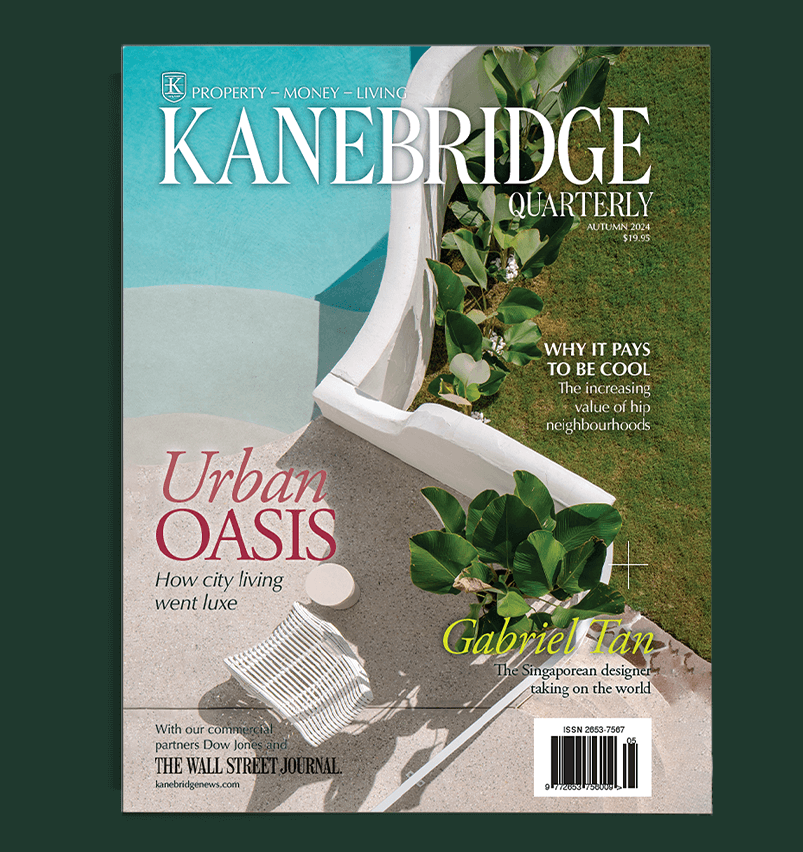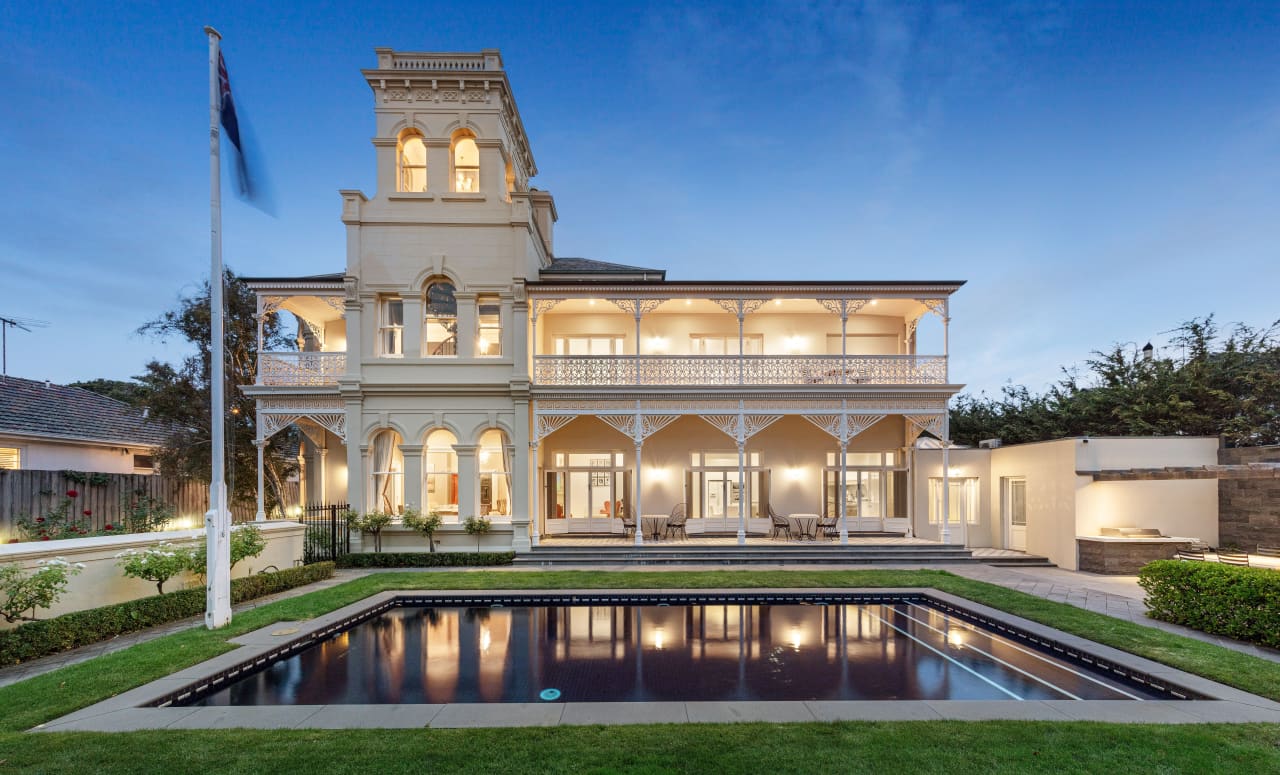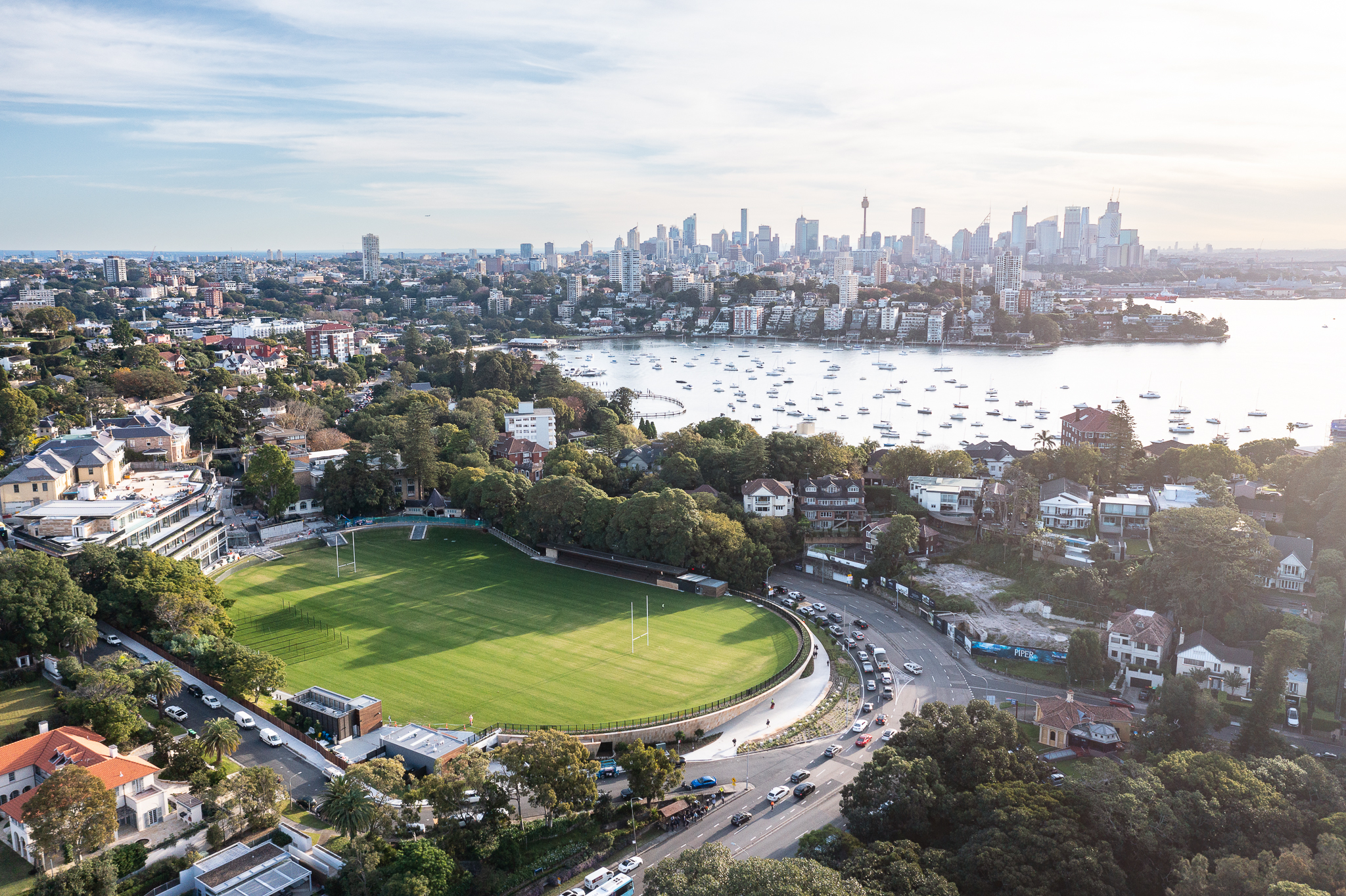Crash Parties, Escape Dull Chitchat and Make Powerful Friends: What Davos Elites Know
The elbow-rubbing tactics on display in the Swiss Alps this week can apply to any business gathering or cocktail party, regardless of your VIP status
For a master class in power networking, it’s tough to beat the one taking place in the Swiss Alps this week.
The annual World Economic Forum brings the planet’s power brokers together for morning-to-past-midnight meetings over coffee, cocktails and fondue. For the thousands of CEOs, billionaires, intellectuals and world leaders descending on Davos, the setting is unrivalLed in its potential to spark relationships, dealmaking and big ideas for the year ahead. After all, there are few other places where you can run into Al Gore at the hotel bar and wait next to Bill Gates to pass through the metal detectors.
MaximiSing all that powerful proximity and turning it into actual connections takes skill, chutzpah and the ability to think on your feet. What to do if you spot Sting in the elevator? How to know whether a tête-à-tête merits more than a minute of your time? And how do you divine someone’s importance without peering at the badge dangling at their midsection?
The tricks of Davos movers and shakers can apply to any business gathering or cocktail party, regardless of your VIP status. Here’s how they do it.
Names and spaces
For Salesforce Chief Executive Marc Benioff, getting the most out of the high-powered gathering often comes down to location—in this case, the top of a staircase in the Davos Congress Center, the main hub of the event.
The Davos regular said he plans to spend an hour each day of the forum perched there or in an adjacent hallway. Why? In a single hour—amid a packed calendar of meetings, lunches, dinners and other engagements—he might see 100 people he would otherwise not encounter all year.
“The amount of serendipity that happens is unlike anything I’ve ever experienced,” said Benioff, who has attended the forum for two decades and hosts parties and gatherings that people vie all week to get into. “It’s an incredible thing.”
Benioff has a hack for dealing with a common conundrum in Davos and beyond—forgetting your conversation partner’s name. The Salesforce chief said he sometimes takes photos of their badges if he isn’t able to take notes. If he exchanges contact information with someone, he gives his cellphone number or email and recommends they text, email or tweet at him.
“I’m generous with my contact information,” he said. (At least one reporter can attest to that.)
Or, simply ask the person to repeat their name, said Alisa Cohn, an executive coach and author attending her third Davos. She phrases the question with a touch of humoUr, asking: “‘Listen, this has been a great conversation, and I’ve already forgotten your name. Can you remind me?’”
Few people respond poorly, she said. “The truth is, they will ask you the same question because they forgot your name, too.”
Big deal, or big whoop?
Seated next to an unfamiliar guest at a dinner or lunch, several CEOs said they weren’t above stealth under-the-table googling, surreptitiously reading up on their Davos dining companions to make better conversation or to understand what, exactly, it is that they do.
When introducing herself to someone new, Cohn gives people conversational “hooks” to latch on to. For her, that means explaining she is also an angel investor, based in New York, and a fitness fanatic with a love of kettlebells. The icebreaker often spurs people to detail their own fitness routines.
True Davos experts know how to escape a long, dull or—horrors!—low-status conversation partner. Nick Studer, head of consulting firm Oliver Wyman Group and a longtime Davos attendee, believes there is value in all sorts of conversations. But he has perfected the art of extraction with a favoUrite line: “Anyways, it’s obviously fantastic [chatting]. I mustn’t keep you from your guests.”
Most people follow his lead, he said, “as long as you wrap it up appropriately and politely.”
No ‘Windexing’
One big Davos no-no is what the finance executive Anthony Scaramucci has come to describe as “Windexing.”
Say you are chatting with someone interesting, but notice out of the corner of your eye that the British prime minister or a well-known billionaire-entrepreneur walks into a room. You might suddenly feel the urge to move on, and look past the person you are talking to “like he’s a sheet of glass,” Scaramucci said. “Don’t be that person.”
Instead, apologiSe for needing to end the conversation, he said, and offer to circle back if there is time.
Scaramucci, founder of the hedge-fund investment firm SkyBridge Capital and, very briefly, communications director for the Trump administration, started jetting to Davos in 2007.
He hosts a popular and well-attended wine night there each year. Over time, he has learned a tactic for getting into a must-attend party—even when he isn’t invited.
“I crash every single party that I can possibly crash,” Scaramucci said.
Several years ago, at a party held by a Russian oligarch, a security guard stopped Scaramucci because he wasn’t on the list. Scaramucci says he didn’t blink. Instead, he disarmed.
“I said, ‘I know I’m not on the list. I’m Vince Vaughn from ‘Wedding Crashers,’” he recalled. “Five minutes later, I was eating the caviar and drinking the vodka.”
When Scaramucci spots a mega luminary he is dying to meet, he tries to be authentic. He said he developed a friendship with David Rubenstein, co-founder of the private-equity giant Carlyle Group, by introducing himself in Davos years ago.
“I just walked over to him. I said, ‘Hey, listen, I watched you on TV, I’ve seen your interviews and I’m a great admirer of yours,’” Scaramucci said. “People are incredibly nice. Don’t make the mistake of thinking they don’t want to meet you.”
Tight timing
At major conclaves like Davos, Scaramucci and others said it is important to realise you can’t do it all. Prioritisation is key.
Denelle Dixon, who runs the nonprofit Stellar Development Foundation, said her organisation sets a theme for the conference so executives can take meetings with government officials and others around that sharp topic. This year, it is blockchain’s role in expanding access to the financial system. (Davos loves a buzzword.) “It allows us to really focus,” she said.
Saying no is essential. Salesforce’s Benioff and his team usually meet with roughly half of the 600 CEOs attending Davos. But a request for five or 15 minutes of his time is likely to fail if the person isn’t a critical customer or somebody he already knows well.
“It’s not going to get part of my time,” he said. “Maybe it’ll get part of somebody else’s time.”
This stylish family home combines a classic palette and finishes with a flexible floorplan
Just 55 minutes from Sydney, make this your creative getaway located in the majestic Hawkesbury region.
Money worries are having a cascading effect on stress levels, conflict and even the rate of ageing
Worrying about the cost of living is causing accelerated ageing, household arguments and creating significant stress, according to new research. More than half of Australians say they have experienced personal setbacks due to financial strain over the past year. Almost 20 percent say that have suffered a stress-related illness, 33 percent have lost sleep and almost one in five are seeing signs of early ageing.
Household hostility is also rising, with 19 percent of Australians admitting they have argued with their partners about money, and a further one in 10 have argued with family and friends.
The Finder survey of 1,070 Australians reveals women are bearing the brunt of financial stress, with 62 percent reporting they have worried about money compared to 42 percent of men.
Younger Australians are struggling the most, with almost 7 in 10 Gen Z respondents reporting financial strain compared to 58 percent of Gen Xers and 24 percent of baby boomers.
The impact of cost-of-living pressures among different age groups and income levels is reflected in new data from the Australian Bureau of Statistics (ABS). The selected living cost indexes show employee households are under more strain from inflation, with the CPI measure for this population group at 6.5 percent today compared to the official overall CPI figure of just 3.6 percent.
The discrepancy is due to higher mortgage interest payments – which make up a higher proportion of expenditure for employee households — as well as an increase in primary and secondary school fees, and the indexation of tertiary education fees at the start of the year. The official CPI does not include mortgage payments, so the living cost indexes provide a more accurate picture of how rising interest rates are impacting households with mortgages today.
The inflation rate is much lower for older Australians, who have often paid off their mortgages. The inflation rate on living expenses for age pensioner households is below the official CPI level at 3.3 percent, and it’s only slightly higher at 3.4 percent for self-funded retirees.
Graham Cooke, head of consumer research at Finder, said that despite cooling inflation, Australians were still under significant financial pressure.
“This can be seen in Finder’s Cost of Living Pressure Gauge, which has been hovering in the extreme range for the past year and a half,” Mr Cooke said. The gauge returned a reading of 78 percent in March this year compared to 47 percent in March 2021, when inflation was 1.1 percent and the Reserve Bank’s official cash rate was 0.1 percent.
Interestingly, Australians’ cash savings are higher today than they were in 2021, likely reflecting stimulus payments received and saved during the pandemic. The Reserve Bank has cited pandemic savings as a factor in keeping mortgage arrears low despite much higher interest rates. The Finder research shows Australians have an average of $37,206 in cash savings today, up from $24,928 two years ago.
“Money concerns can cause problems in your everyday life and snowball quickly if you don’t get them under control,” Mr Cooke said. “Building financial resilience is as vital as ever as costs continue to rise. Pay close attention to where your money is going so you keep impulse spending to a minimum, and don’t overspend.”
Australians appear to be heeding this advice, with the latest ABS retail figures showing seven straight quarters of declining per capita spending. “Per capita volumes show retail turnover after the effects of inflation and population growth have been accounted for,” explained Ben Dorber, ABS head of retail statistics. “Following an unprecedented seven straight falls, it is very clear how much consumers have pulled back on spending in response to cost of living pressures over the past two years.”
Just 55 minutes from Sydney, make this your creative getaway located in the majestic Hawkesbury region.
This stylish family home combines a classic palette and finishes with a flexible floorplan


















